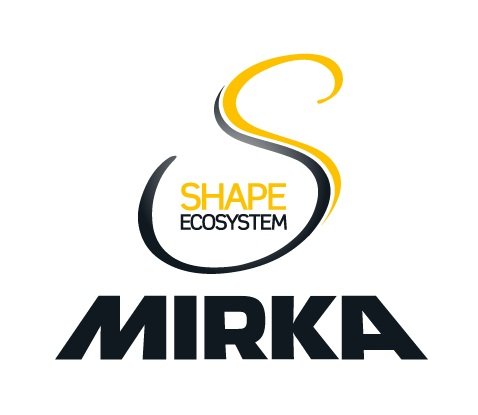Data for Sustainability: Challenges and Opportunities
University of Turku is one of the partners in the Data-Driven Sustainability Management (DDSM) project in the SHAPE Ecosystem. In this article, associate professor in circular economy Oskar Karlström elaborates on the topic, giving his insights on the complexity of harnessing data in sustainability measurements.
Author: Oskar Karlström, associate professor in circular economy. Industrial Engineering and Management. University of Turku.
What should we do to reach sustainability goals? The research group, Industrial Engineering and Management at University of Turku, combines technical, economic and organizational behavioral research to generate novel sustainability solutions. One important tool is data-driven management.
In simple terms, the point is to become better in using data in sustainability measurements, decision making and management. In manufacturing or process industries with numerous operations, an extensive amount of data is generated continuously. Suppliers and customers may also produce data directly or indirectly. The data can be used to analyze and interpret information in order to eliminate static assumption regarding processes. It sounds straightforward to collect data, store data, analyze data, use the data in the decision making, develop new KPIs based on the data, eliminate related risks and develop new solutions and processes.
However, there are many hurdles which can be seen both as challenges, or business opportunities.
Prerequisites for successful data-driven management is to understand the goal and the scope of the sustainability initiative. What is the practical significance of the data? Can the data be leveraged to improve operations or introduce fresh insights that create value and provides sustainability information?
To put the data into action, the organization needs to have the necessary organizational and practical foundations as well as allocate the required resources for decision-making implementation. An essential aspect is to take into consideration the impact on stakeholders. Emerging data-driven management systems can present both challenges or valuable opportunities.
The system undergoing transformation should be operationally manageable. Imagine a process, such as a company engaged in production, operating within an equilibrium monitored by sensors generating valuable data on all operations. When using this data for decision-making and initiating change, it's crucial to ensure the new system remains manageable. Are there enough 'sensors' integrated into the new system to maintain operational oversight?
Forecasts. The implementation of novel data-driven solutions is challenged by evolving technology and shifts in human and organizational behavior. Consider technological developments - what can we expect in 1, 5, 10, or 20 years? The adoption of novel data-driven sustainability solutions depends not only on technical and economic factors, but also on societal values.
All of these factors are taken into consideration in the Business Finland co-innovation project Data-Driven Sustainability Management within the Mirka veturi SHAPE ecosystem. The research partners are University of Turku and Åbo Akademi University. The industrial partners are besides Mirka, Saalasti, Herrmans Bike components, Baltic Yachts and Kiilto.
Stay tuned for interesting research results.


